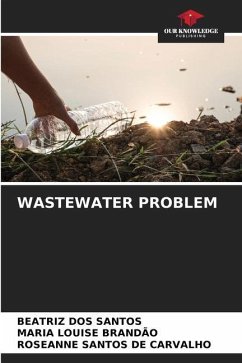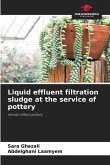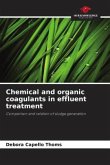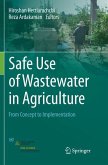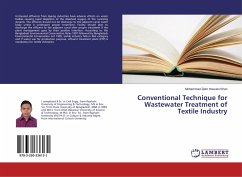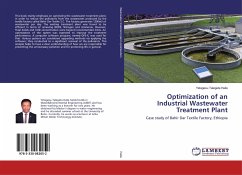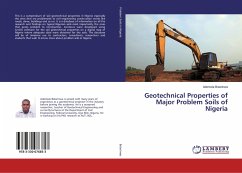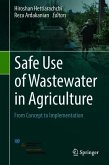Water is a natural resource, renewable and essential to the life of all living beings, to the economic development of any region and to social welfare. The intensification of the need for water for drinking, agricultural and urban uses, combined with the alteration of water regimes due to climate change, points to a scenario of possible water shortage in the near future in Brazil and on the planet. In order to find simplified, sustainable, and low-cost solutions to this problem, countries all over the world have been studying feasible ways to treat the various types of effluents, especially domestic ones. For reuse projects to be implemented, there must be a favorable public perception. Thus, this paper aimed to study the importance of public acceptance for the success of potable reuse projects. It was found that acceptance increases as there is access to knowledge. Measures, such as conserving, increasing consumption efficiency and reusing, postpone the shortages that are increasingly present around the world and enable sustainable development.
Bitte wählen Sie Ihr Anliegen aus.
Rechnungen
Retourenschein anfordern
Bestellstatus
Storno

